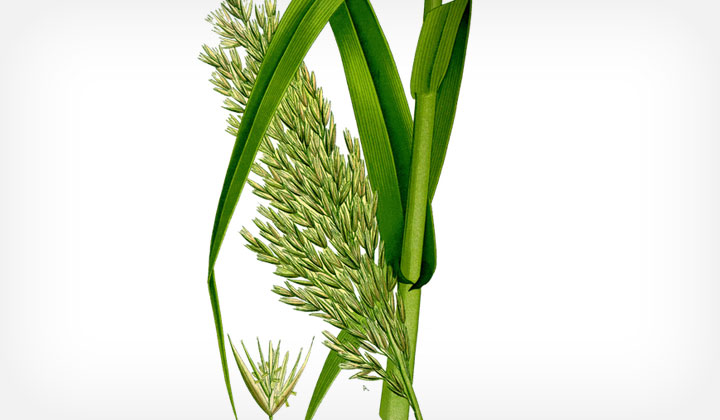Shopping around for clothes made from natural “eco” fabrics — you often come across products that have so called “bamboo viscose” mixed in. As nice as it would be to stick with 100% organic cotton, you are bound to come across this “green” choice. So is bamboo viscose really nature friendly — or not?

To best answer this question from the manufacture point of view: I’ve directly contacted Fishers Finery that is mainly focused in “Eco-Friendly Clothing”. Note that I am not pointing any fingers here, the internet is full of online apparel stores that feature bamboo in their “eco” product lines.
Big thanks goes to the fisher friends for a sincere reply!
This is what they had to say:
You are right. Bamboo viscose is a rayon or regenerated cellulose fiber (man-made, semi-synthetic) and isn’t recognized as eco-friendly and so without the organic cotton, we would not refer to these pants as “eco.”
As a source of the rayon, bamboo has a lower growth and harvesting environmental impact than cotton because it doesn’t need nearly as much water, it grows very fast and doesn’t require any chemicals or fertilization. However, the process of pulverizing bamboo is chemical intensive. So, as you had stated, bamboo rayon is not environmentally friendly and we are aware that since companies had been falsely advertising it as such, there is a heightened concern around the fabric for false claims.
Conclusion:
In the case of the pants mentioned in the above reply — they contained 70% Bamboo Viscose and 30% Organic Cotton. Making them an “ecofabric”.
For many of those who want to use safe and natural products, a partly ecological product can be hardly called “eco”. However — the reality of the industry is that calling something as such can be far off from our expectations.
Answer — it is not environmentally friendly. But there are benefits in bamboo agriculture over other plant sources of fabrics.
What’s your opinion on bamboo fabrics. Comments please!
David Abt